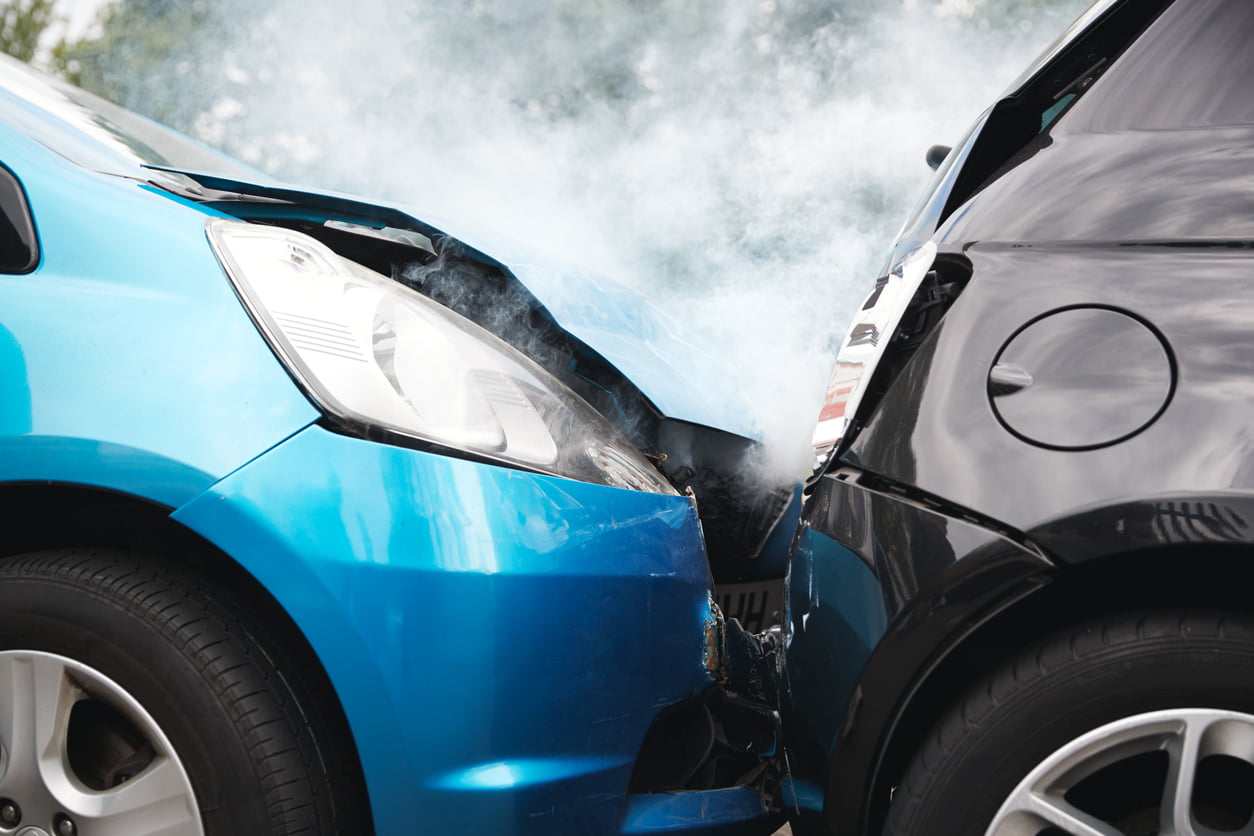We all know that despite our best efforts, accidents can (and do) happen. Third-Party liability coverage is one of the insurance types available in Ontario auto policies. It serves as protection for you against the possibility of litigation in relation to an auto accident. Here are answers to some of the more frequent questions we receive about third-party liability coverage in Ontario.
What does Third-Party Liability mean?
The third-party refers to someone who is not part of a contract between the first and second party. The first party would be you, the insured, and the second party is your insurance company. Third-party liability refers to coverage you can use when you are at-fault in an accident. This accident involves a third-party who is hurt, who dies or whose property suffers damages.
Why is Third-Party Liability coverage so important?
Unfortunately, accidents often result in lawsuits that can have serious financial consequences for you. Lawsuits can be expensive, but liability coverage ensures you won’t get stuck paying out of your own pocket. For a list of some possible scenarios involving third-party accidents, click here.
Do I need Third-Party Liability insurance to rent a car?
If you have your own insurance policy, it will usually (but not always) include rental car insurance. All of your existing coverage will transfer to the rental car. If you don’t have car insurance, third-party liability is an essential add-on to your rental agreement. This in case you injure someone or damage their property.
Does the coverage on my credit card cover me for TPL?
No. Your credit card only protects the car you’re driving.
How do Third-Party car accident claims work?
If you cause injuries to someone or damage to property as a result of an accident, they can immediately open a claim. They’ll begin seeking medical treatment and start their repairs. Because Ontario is a no-fault province, everyone will deal with their own insurance provider for any claims. Depending on your provider, you may have to pay out-of-pocket to cover everything. In some cases, the treatment or repair facility can submit expenses directly to your provider. Once repairs are complete and the injuries heal, the claim can close. However, your car insurance company will review the case and offer them a settlement. If those with injuries do not agree on the amount, they can seek their own legal advice. Additionally, they can open a lawsuit for pain and suffering against you, in some provinces.
If I have liability coverage in my home or tenant insurance policy, does it cover me when I’m driving, too?
No. When you’re operating a vehicle, liability for injuries or damage is not covered by your home or tenant insurance policy. You’ll need to carry enough liability coverage on your car insurance policy to protect you in case of an accident. If you feel that your coverage is inadequate, speak to your isure broker about increasing coverage.
When you rent a car, does your insurance cover you?
The standard mandate minimum of $200,000 in third-party car insurance is applicable in most provinces. Many insurance companies offer coverage on third-party damages and injuries while operating a rental car. This is done through an endorsement that you must select on your policy. In Ontario, the additional coverage to rent a car can be found in the OPCF 27. It’s important to check the inclusions in your policy. If your coverage doesn’t extend to car rentals, you may want to consider purchasing additional coverage through the rental company. As well, some credit cards cover collisions, but you will have to verify that before renting.
I have an at-fault claim, now what?
If you are in an at-fault accident, anyone who suffers from the damage of the accident can make a claim. This can be to seek repairs and/or medical treatment for injuries. You will have to provide your insurance details to the other party that is a part of the accident. Both parties should take photos and notes to record all of the details. This includes time, location, names and contact information for everyone present at the accident. For more information on what to do in case of an accident, click here.
What happens if you don’t have third-party liability insurance?
It is illegal to drive in Canada without the minimum amount of third-party liability insurance. If you’re caught driving without insurance, you can face penalties, such as a fine and/or a licence suspension. And if you have an accident, the real costs of inadequate coverage can range from hundreds to millions of dollars. However, this will depend on the outcome, of course. Luckily, today’s auto insurance quotes typically already include the minimum coverage requirements. Contact an isure broker today to discuss further!




